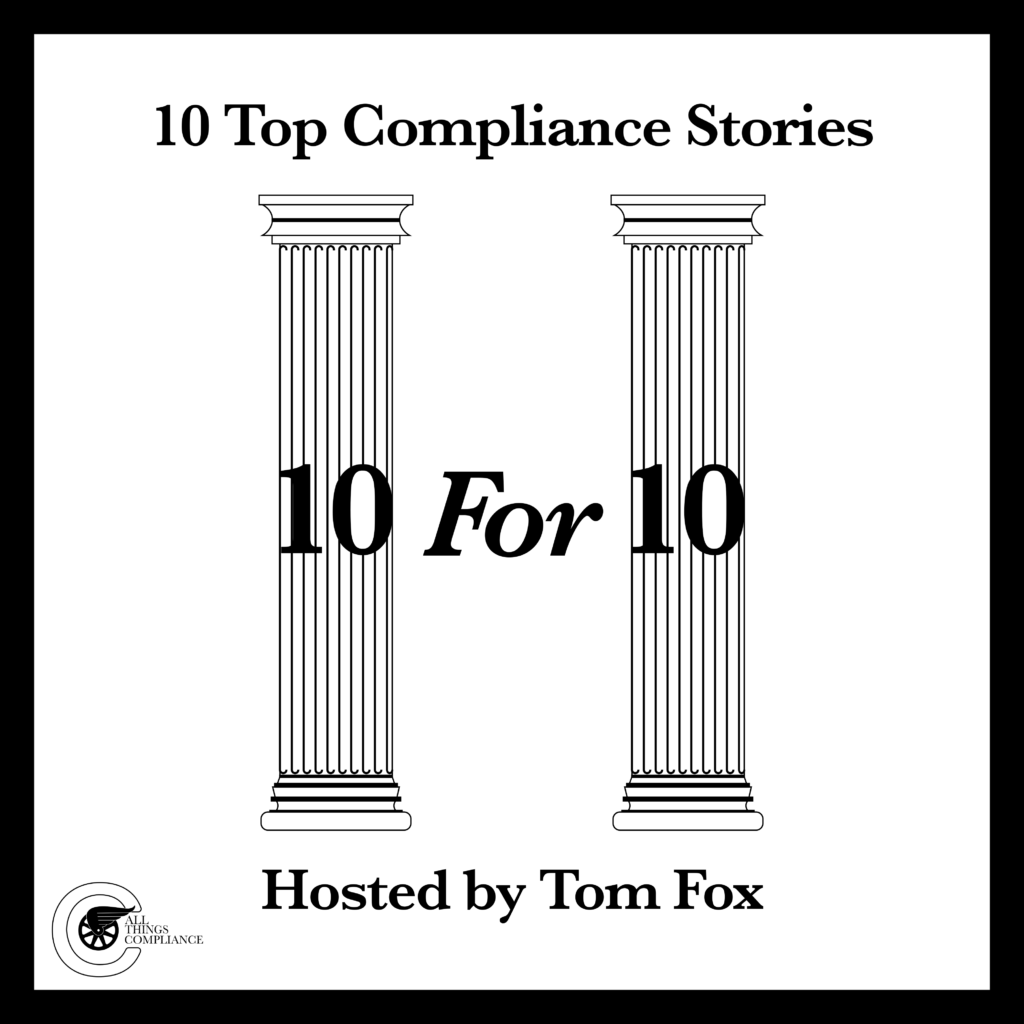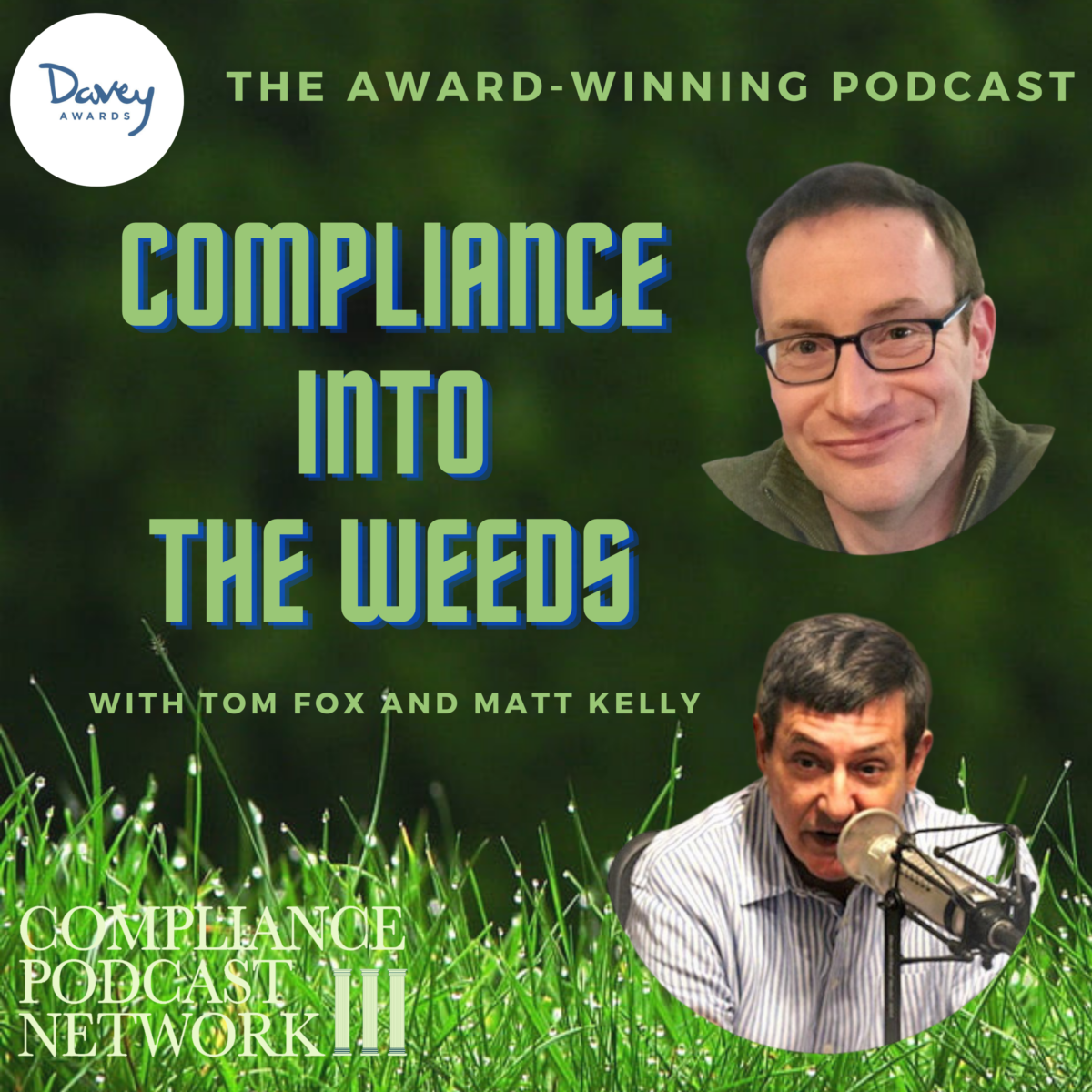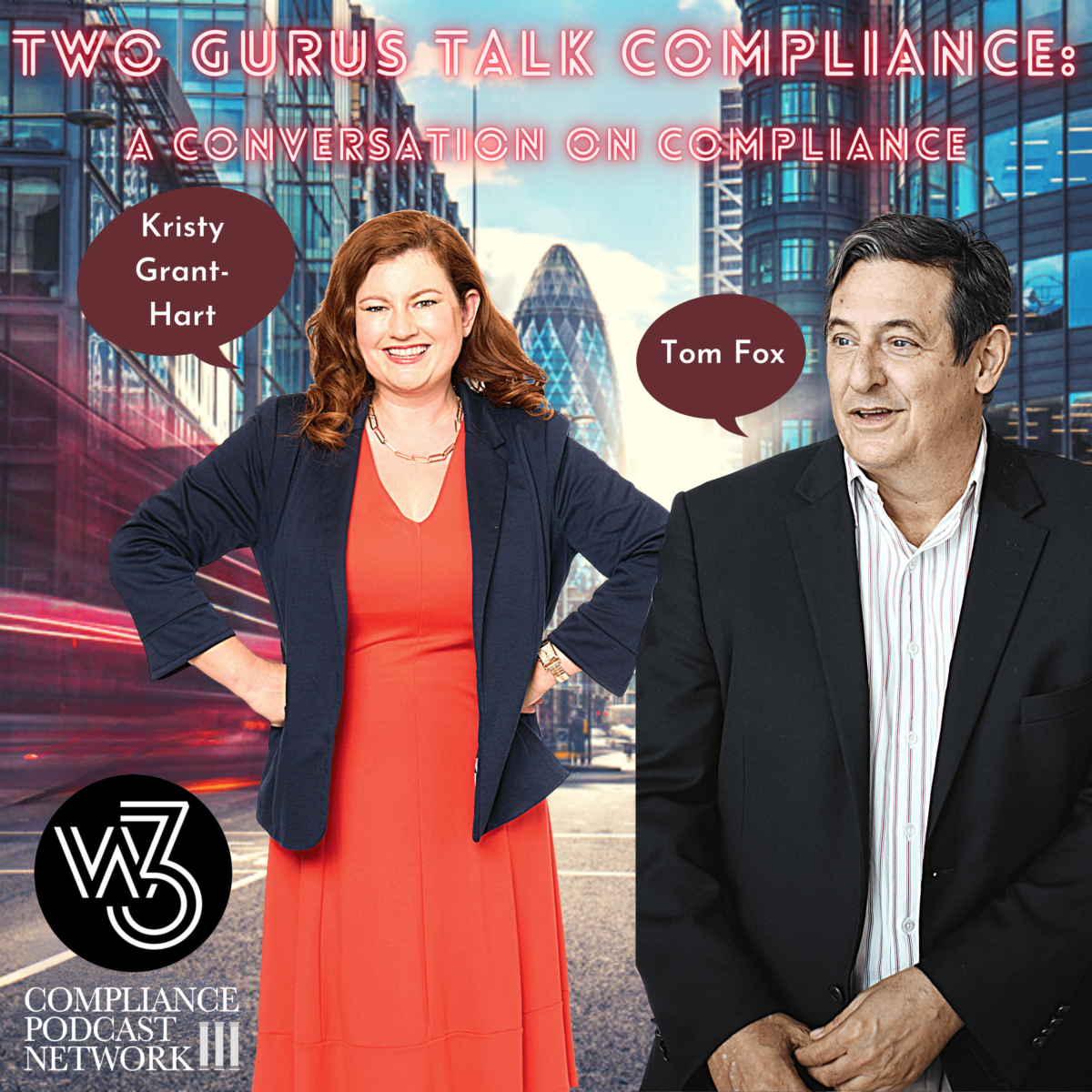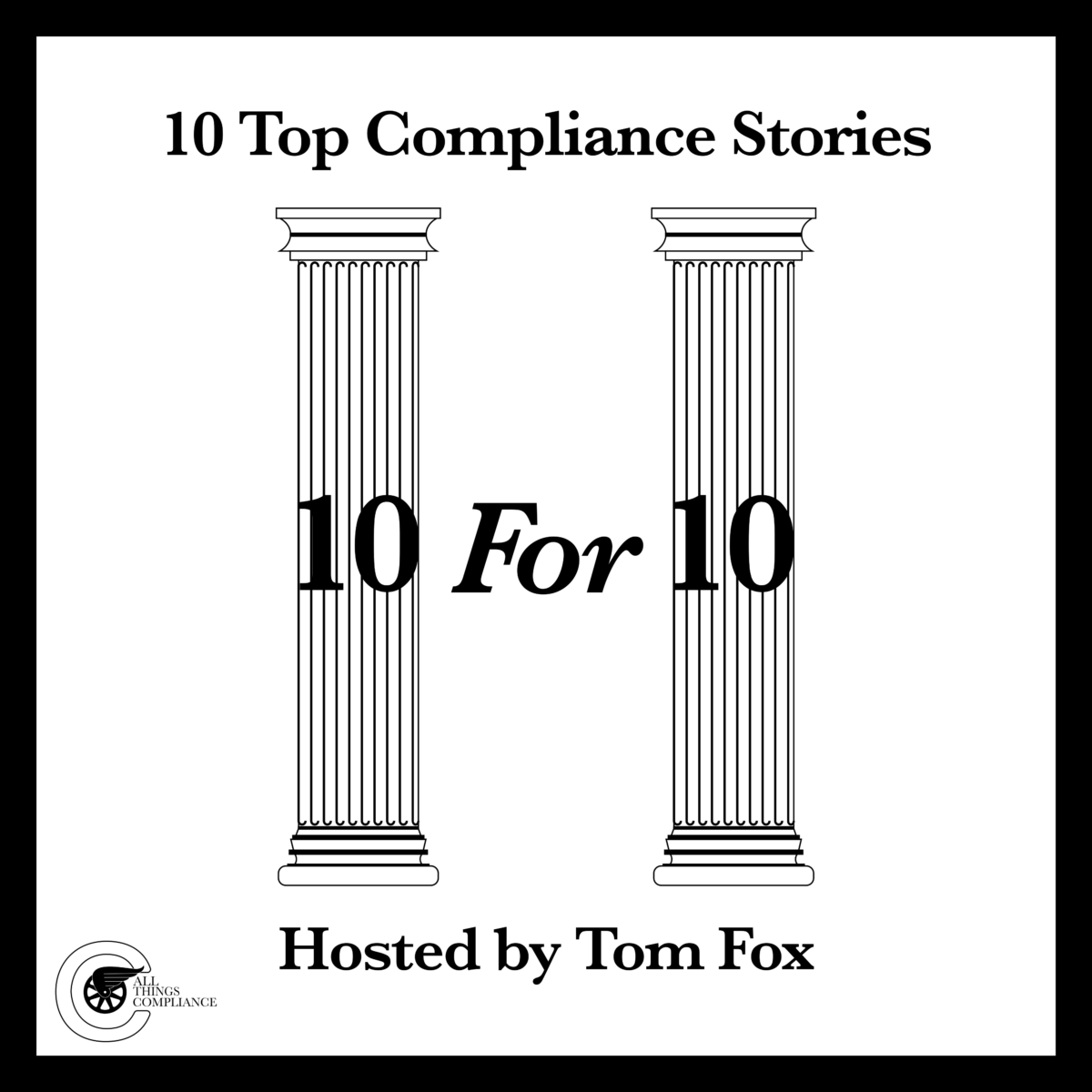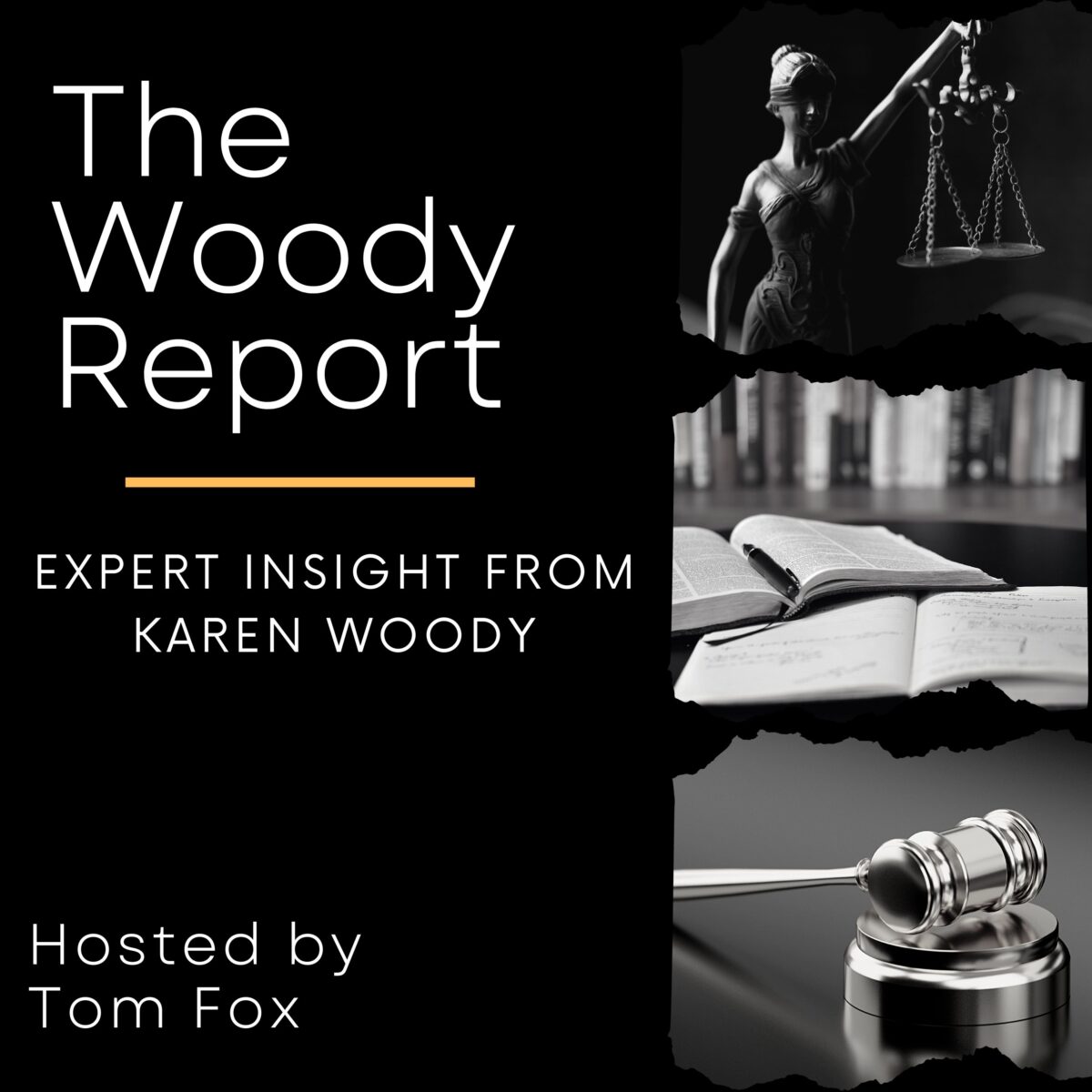Over the past 15 months, the Department of Justice (DOJ) and Securities and Exchange Commission (SEC) have made clear, through three Foreign Corrupt Practices Act (FCPA) enforcement actions and speeches, their priorities in investigations, remediations, and best practices compliance programs. Every compliance professional should study these enforcement actions closely for the lessons learned and direct communications from the DOJ. They should guide not simply your actions should you find yourself in an investigation but also how you should think about priorities.
The three FCPA enforcement actions are ABB from December 2022, Albemarle from November 2023, and SAP from January 2024. Taken together, they point out a clear path for the company that finds itself in an investigation, using extensive remediation to avoid monitoring and provide insight for the compliance professional into what the DOJ expects in an ongoing best practices compliance program.
Over a series of blog posts, I will lay out what I believe are the Top Ten lessons from these enforcement actions for compliance professionals who find themselves in an enforcement action. Today, we continue with Number 9, Internal Controls. The DOJ has made it clear that any organization under FCPA scrutiny must use its internal controls to continuously test, monitor, and improve all aspects of its compliance program.
SAP
As a part of its remediation, the company conducted a gap analysis of internal controls. This remediation found those internal controls “lacking.” SAP also undertook a “comprehensive risk assessment focusing on high-risk areas and controls around payment processes and enhancing its regular compliance risk assessment process.” Using this risk assessment as a starting point, the company performed a gap analysis, determined the overall remediation regime needed, and effectuated that remediation.
ABB
The ABB Plea Agreement reported that ABB “performed a root-cause analysis of the conduct at issue. From there, the company revamped its internal controls, investing significant additional resources in control testing and monitoring throughout the organization. While not often seen as a part of internal controls, the company restructured its reporting by internal project teams to ensure compliance controls oversight.
Additionally, ABB essentially created its monitoring program around controls, testing its compliance program, and reporting to the DOJ. In the “Written Work Plans, Reviews, and Reports” section, ABB agreed to conduct a first review and prepare a report, followed by at least two follow-up reviews and reports. But more than simply reporting on control testing, ABB agreed to create and submit for review a work plan for this ongoing testing of its compliance program, as the program was detailed in the DPA. The DPA specified, “No later than one (I) year from the date this Agreement is executed, the Company shall submit to the Offices a written report setting forth:
- a complete description of its remediation efforts to date;
- a complete description of the controls testing conducted to evaluate the effectiveness of the compliance program and the results of that testing; and
- It proposes to ensure that its compliance program is reasonably designed, implemented, and enforced so that the program is effective in deterring and detecting violations of the FCPA and other applicable anti-corruption laws.”
The bottom line is that all these companies worked very hard to significantly enhance their controls, testing, and monitoring and then improve based on that information. None of the actions taken by these companies were particularly new or even innovative. Indeed, these strategies have been available from the DOJ since at least the first edition of the FCPA Resource Guide in 2012. It was, however, the work by the company to understand the deficiencies in their internal controls regime and their superior efforts to upgrade them.
Albemarle
The Albemarle SEC Order was instructive regarding internal controls for a different reason than we have been considering throughout this series. The Order detailed a series of internal control failures by the company across multiple business units in several other countries. The entire story painted a picture of a company that did not have adequate or easily overridden internal controls.
Vietnam. The Order noted, “Albemarle’s system of internal accounting controls was insufficient to prevent or detect these improper payments, which Albemarle Singapore falsely recorded as legitimate commissions in books and records consolidated into Albemarle’s financial statements.”
India. A backdated agreement increased an India agent’s commission multiple times without compliance oversight or approval. Commissions went from “extremely high” to “far from any possible realistic justification.” Finally, “the agreement called for payment of a three percent commission to India Agent, a rate three times higher than that paid to Albemarle’s existing agent for India.”
Indonesia. Albemarle’s system of internal accounting controls was insufficient to prevent or detect the improper payments made to and through Indonesia Agent, which Albemarle Singapore falsely recorded as legitimate commissions and business expenses in books and records consolidated into Albemarle’s financial statements.”
China. When an Albemarle business director questioned China Agent’s compensation as “high,” an Albemarle Netherlands business director provided the business justification that he anticipated significant returns on the contract.
UAE. No due diligence was conducted on an agent until after the agent agreement had been executed. The agent provided no discernible services other than conveying confidential tender evaluations and competitors’ bids obtained from the customer.
Each of these resolutions drives home the importance of internal controls, creation, and remediation as a key part of your overall compliance regime during any investigation. The sooner you can start on your internal controls, the better off you will be in your negotiations with the DOJ and SEC.


